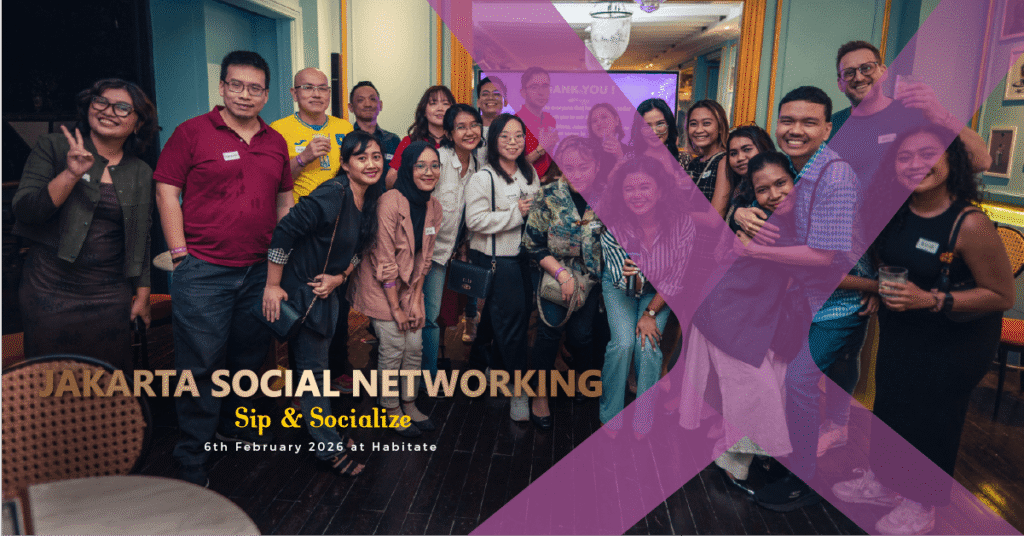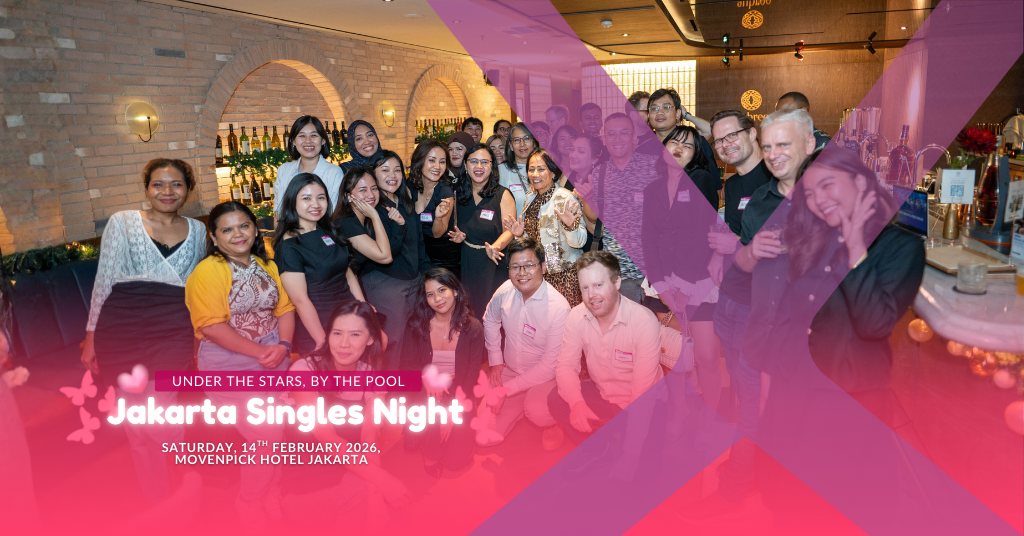Work-life balance is a term that has gained significant attention in recent years. In today’s fast-paced and demanding world, finding the balance between work and personal life has become increasingly challenging. Achieving a healthy work-life balance is essential for overall well-being awareness and has numerous benefits. It is important to understand the concept of work-life balance and why it is significant for individuals to strive.
What is Work Life Balance, and Why is it important?

Understanding the concept of work-life balance and how it impacts Indonesian generations
The definition of Work-life balance refers to the satisfactory level of harmony between the work life and personal life. It is about juggling work responsibilities and personal commitments to allow individuals to enjoy both aspects. Achieving work-life balance means finding the right allocation of time, attention, and effort to various areas that are important to an individual, such as family, hobbies, personal development, work from office, and work from home.
Benefits of maintaining a healthy work-life balance
Maintaining a healthy work-life balance yields several benefits. Firstly, it improves overall health and well-being. When individuals have time to relax, rest, and engage in activities they enjoy outside of work, they experience reduced stress and better mental and emotional health aspects of their lives. Secondly, it enhances relationships. Maintaining a healthy work-life balance allows individuals to invest quality time in their personal relationships, fostering stronger connections and creating meaningful memories. A good work-life balance also promotes increased productivity, job satisfaction, and overall job performance.
How work-life balance impacts employee engagement
The concept of work-life balance is becoming increasingly important in Indonesia as more and more people are working longer hours and experiencing higher stress levels. According to a 2022 survey by the Indonesian Chamber of Commerce and Industry, 72% of Indonesian workers feel that they are not achieving a good work-life balance.
There are a number of factors that have contributed to the decline in work-life balance in Indonesia in recent years. One factor is the increasing globalization of the economy, which has led to increased competition and pressure on businesses to perform well. This has led to many workers being required to work longer hours and to be more flexible with their work arrangements.
Work-life balance plays a significant role in employee engagement. When individuals feel that they have a healthy work-life balance, they are more committed, motivated, and satisfied with their work performance. It reduces the likelihood of burnout and enhances job performance. Employers who promote work-life balance initiatives in the workplace can expect increased employee loyalty, higher retention rates, and improved morale. Work-life balance also fosters a positive work environment, which leads to better teamwork and collaboration among employees.
How to improve work-life balance

Millennial generation employees are the ones who value more flexibility at work, and work-life balance is one of the main factors that affect the millennial attitude in the company. The term work-life balance began to occur in the millennial generation, which prefers a balance of work and flexibility according to their lifestyle. Employees tend to refuse a company that does not support work-life balance or increases their anxiety about their careers.
This new paradigm become crucial for industries in Indonesia as the implementation of work-life balance is growing in Indonesia’s lifestyle and culture. The work-life balance for its employees has become a concern because of the fact that it is important to create a supportive work environment and personal responsibility and achieve job balance; this will strengthen employee loyalty and increase productivity.
Three steps to achieve a better work-life balance
Improving work-life balance requires conscious effort and commitment. Here are five steps to help individuals achieve a better work-life balance:
- Prioritize: Identify the most important areas in your life and allocate time and effort accordingly.
- Set boundaries: Establish clear boundaries between work and personal life
- Create a schedule: Plan and organize your time effectively, ensuring that you have dedicated hours for work, personal commitments, and leisure activities.
Ways to improve the balance in work environment
Aside from the steps mentioned above, there are various other ways to improve work-life balance:
- Flexibility: Seek flexible work arrangements, such as work-from-home options or flexible working hours, to accommodate personal commitments.
- Work-life integration: Find ways to integrate work and personal life, such as incorporating personal tasks during breaks or engaging in work-related activities outside of official work hours.
- Manage technology use: Establish boundaries with technology to prevent work-related emails or calls from intruding on personal time.
- Take breaks: Ensure you take regular breaks throughout the day to recharge and avoid burnout.
Tips for balancing work and individual life
Here are some practical tips to help individuals strike a better balance between work and personal life:
- Learn to say no: Be selective in taking on additional work or commitments to avoid feeling overwhelmed.
- Practice time management: Utilize time management techniques such as setting priorities, creating schedules, and avoiding procrastination.
- Separate workspaces: Designate specific areas at home for work and personal activities to maintain a clear distinction between the two.
- Unplug and disconnect: Take time away from technology and digital devices to focus on personal relationships and leisure activities.
- Make time for hobbies: Dedicate time to engage in hobbies or activities that bring joy and relaxation.
The role of work and life balance in Personal and Professional Growth

Work-life balance plays a significant role in personal and professional growth. When individuals balance work and personal life, they can develop and nurture their personal relationships, pursue personal interests and hobbies, and engage in activities that promote personal growth and well-being. This approach to life positively impacts professional and personal growth as well. Individuals prioritising their personal lives are often more motivated, fulfilled, and resilient.
In conclusion, achieving a cycle of work-life balance is crucial for individuals to lead fulfilling and productive lives. It requires conscious effort, prioritization, and effective time management. Understanding the concept of work-life balance will help implement strategies to improve it, and individuals can experience the numerous benefits it offers. From reduced stress and improved well-being to enhanced productivity and personal growth, work-life balance is key to a successful and satisfying life.



































